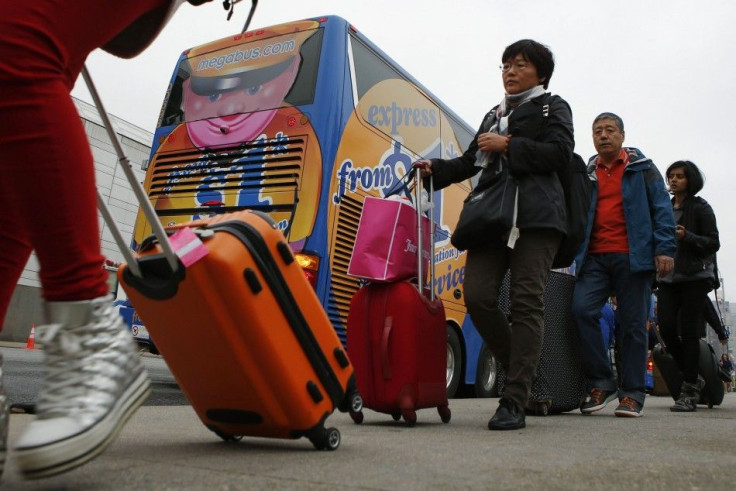Delta Airlines Flying ‘Crap’ Planes, Says Qatar Airways Boss; US Carriers In Battle with Gulf Carriers Over “Unfair” Market Expansion Tactics

The cold war between American carriers and Gulf based carriers has found a new outburst on Monday, with the CEO of Qatar Airways, Akbar al-Baker accusing Delta Air Lines of flying "crap" older planes. The war of words marked a new escalation of hostilities between the Gulf and American carriers. The Gulf carriers are facing the allegation by American carriers that they are receiving state subsidy to kill competition.
Speaking at a function in Doha, Baker said any money his airline receives from the state is “legitimate equity”. He also made the claim that his company's fleet of aircraft was much cleaner for the environment compared to Delta’s fleet. Noting that the state of Qatar is the owner of Qatar Airways and whatever funds injected into the airline is an equity and quite legal also. He said the airline is facing false allegations from rivals because they cannot stand the progress being made by Gulf carriers.
"I am delighted that Richard Anderson of Delta is not here. First of all, we don't fly crap airplanes that are 35 years old. The Qatar Airways average fleet (age) is only four years and one month,” said Baker. He said Qatar Airways flies only ultra-modern airplanes because it wants to make sure that the planes have the least carbon dioxide emission in the aviation industry.
In February, three US airlines -- Delta, American and United stated that Qatar Aiways along with Etihad and Emirates are receiving “unfair subsidies” to wrest business from their competitors. They said $42 billion have already been received by the carriers as subsidy from state. The U. S. carriers are also complaining that that Gulf Airlines are snatching their market share. They insist the multi-billion dollar subsidies have already distorted the marketplace and have harmed U.S. jobs.
The American carriers urged their Government to bring about suitable changes in the bilateral commercial aviation agreements with the Gulf carriers. However, the UAE, home to both Etihad and Emirates denied the claims of American carriers and said the charges were baseless. UAE Economy Minister Sultan al-Mansouri dismissed the allegation, as “false and unacceptable”, in a response quoted by the Emarat Al-Youm newspaper. The European carriers also joined the argument with French and German transport ministers approaching the European Commission to take up the issue of subsidies with Gulf carriers. The French transport minister, Alain Vidalies also alleged that the Gulf airlines were beneficiaries of unfair competitive practices.
Smart Strategy
Put on the defensive, the Gulf carriers--Etihad, Emirates and Qatar have tried to fend off such charges of hidden subsidy. They claim they are profitable not because of any subsidy but because of their willingness to offer Americans greater access to cities around the globe, where the U.S. airlines are not ready to fly, reports The Wall Street Journal.
However, the U.S. government is considering the request for help from American Airlines.,United Continental and Delta Air Lines. The U.S. carriers want the government to stop the expansion of Emirates, Etihad Airways and Qatar Airways.
But many anlaysts say the Gulf carriers are only replicating a tested strategy pioneered by some carriers having small home markets. The examples are Singapore Airlines and KLM Royal Dutch Airlines. First they build a big home airport and then start scooping up international traffic using their hubs.
In the case of the three Gulf carriers, they accomplished that target in record time, by making use of their hubs to offer connectivity between Asia Pacific and Europe or North America. As a result, Gulf Carriers have been able to add more U.S. flights and are flying to 10 U.S. airports, with double the number of seats they had in 2009. Compared to that, Delta and United are operating only one daily round trip to Dubai.
(For feedback/comments, contact the writer at kalyanaussie@gmail.com)





















